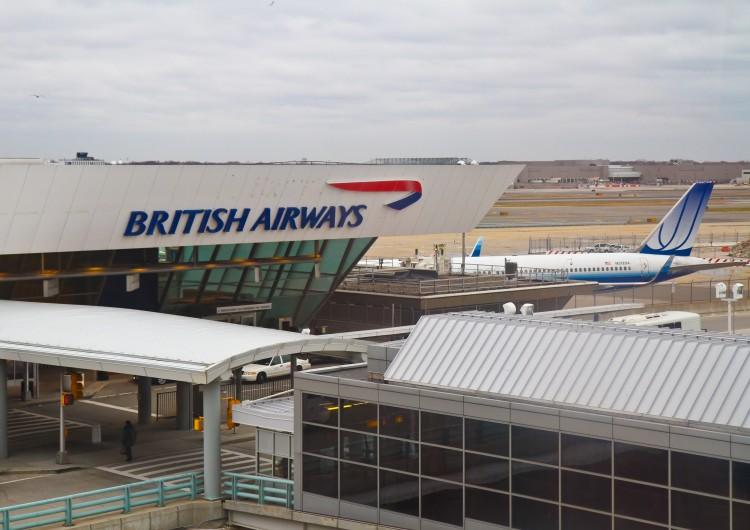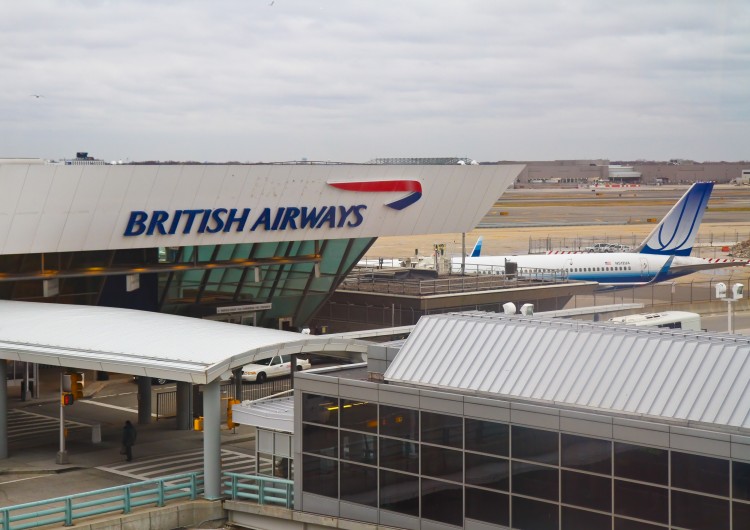International air passenger traffic has dropped 1.5 percent in November compared with October, according to the International Air Transport Association (IATA) in its monthly report. However, in terms of the year on year figures, there was an increase of 4 percent.
“Weak global economic performance is being reflected in air transport markets. Freight markets have contracted some 4% compared to January,” said Tony Tyler, IATA’s Director General and CEO. “Although passenger markets have had some growth relative to the beginning of the year—about 2%—the trend has been both soft and volatile. Continuing economic uncertainty will likely mean market shortcomings deepening as we enter 2012.”
Overall the international travel market is weaker than domestic markets. For instance, international demand fell 1.2 percent at North American airlines compared to November 2010. Whereas U.S. domestic travel demand dropped by 0.8 percent from a year ago in November.
Based on IATA forecasting, the airline industry will have a collective profit of $6.9 billion in 2011 for a net margin of 1.2 percent. The outlook for 2012 is a decline to $3.5 billion (0.6 percent net margin).
IATA consists of 240 airlines with the majority of the carriers supporting global air traffic. International companies in the group include British Airways, American Airlines, and Deutsche Post DHL.
The core concern for aviation industry officials is the economic uncertainty in the European Union. The IATA predicts that 2012 will be a challenging year for European Airlines, which will bear the brunt of the recession. Estimated figures suggest that losses due to the impact of the European financial crises will be in excess of $8 billion.
The counteractive measures in place include capacity cuts, which will see profit buffering in areas such as Asia, mainly due to the increasing high volume of China’s domestic market.





